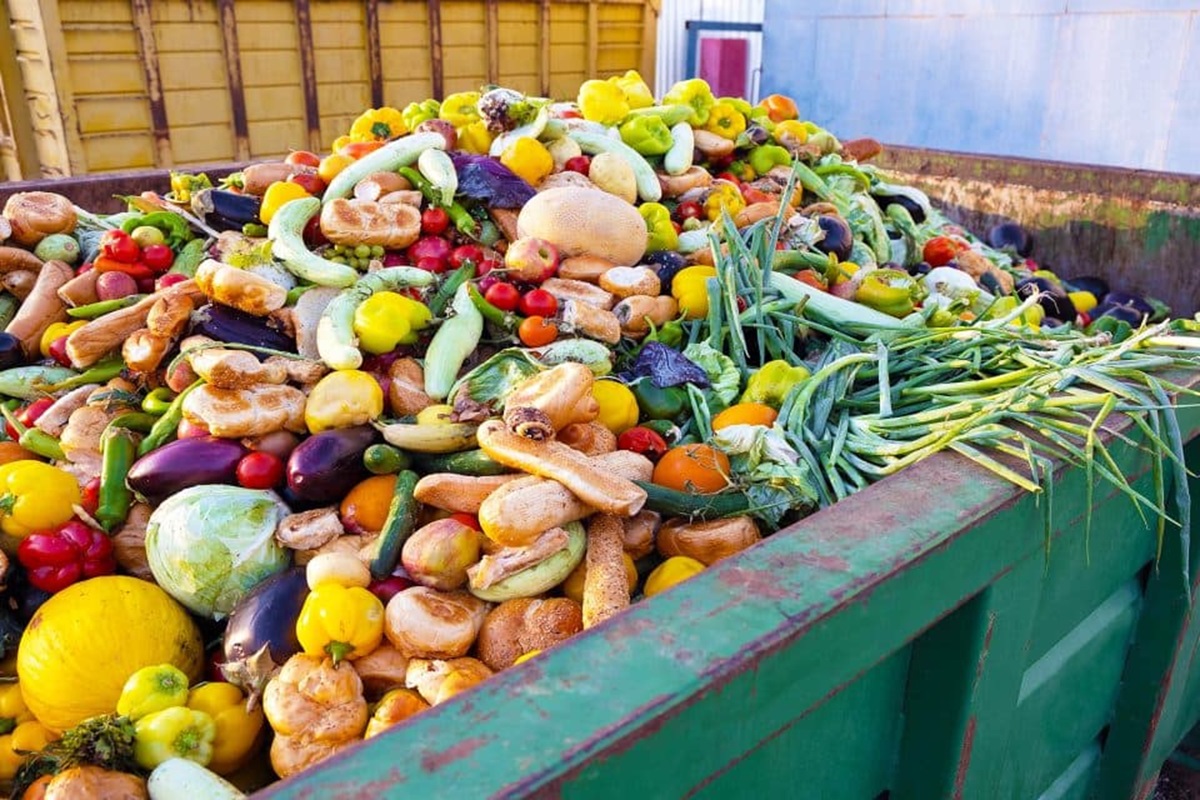A recent study by researchers at the University of Michigan has shed light on the significant potential of improved refrigeration to reduce global food waste. The study, published in the peer-reviewed journal; Environmental Research Letters, found that nearly half of the 1.3 billion tons of food wasted annually could be eliminated by fully refrigerated food supply chains worldwide.

Impact of Food Waste
Food waste is a pressing global issue, with approximately a third of the food produced globally each year going to waste. This staggering statistic is particularly concerning given that around 800 million people worldwide suffer from hunger. The environmental impact of food waste is also substantial, with food losses producing an estimated eight percent of human-caused greenhouse gas emissions.
Role of Refrigeration
The study highlights the crucial role that refrigeration plays in reducing food waste. By optimizing cold chains, food supply chains can significantly reduce the amount of food that goes to waste. This is particularly important in regions where food waste is a significant issue, such as Sub-Saharan Africa and South and Southeast Asia. These regions could see a reduction of 45% in food losses and a 54% decrease in associated emissions under optimized refrigeration conditions.
Benefits of Improved Refrigeration
The benefits of improved refrigeration extend beyond reducing food waste. Fully refrigerated supply chains could cut food waste-related emissions of climate-warming greenhouse gases by 41% globally. This reduction in emissions is substantial and could have a significant impact on the environment.
Importance of Localized Food Systems
The study also emphasizes the importance of localized food systems in reducing food waste. In many situations, developing more localized, less industrialized “farm-to-table” food supply chains may yield food savings comparable to optimized cold chains. This approach not only reduces food waste but also promotes more sustainable and environmentally friendly food systems.
Future of Food Waste Reduction
The University of Michigan study provides a roadmap for reducing global food waste through improved refrigeration. The findings underscore the importance of optimizing cold chains and developing more localized food systems. As the world continues to grapple with the challenges of food waste, this study offers a beacon of hope for a more sustainable and environmentally conscious future.
Leave a Reply